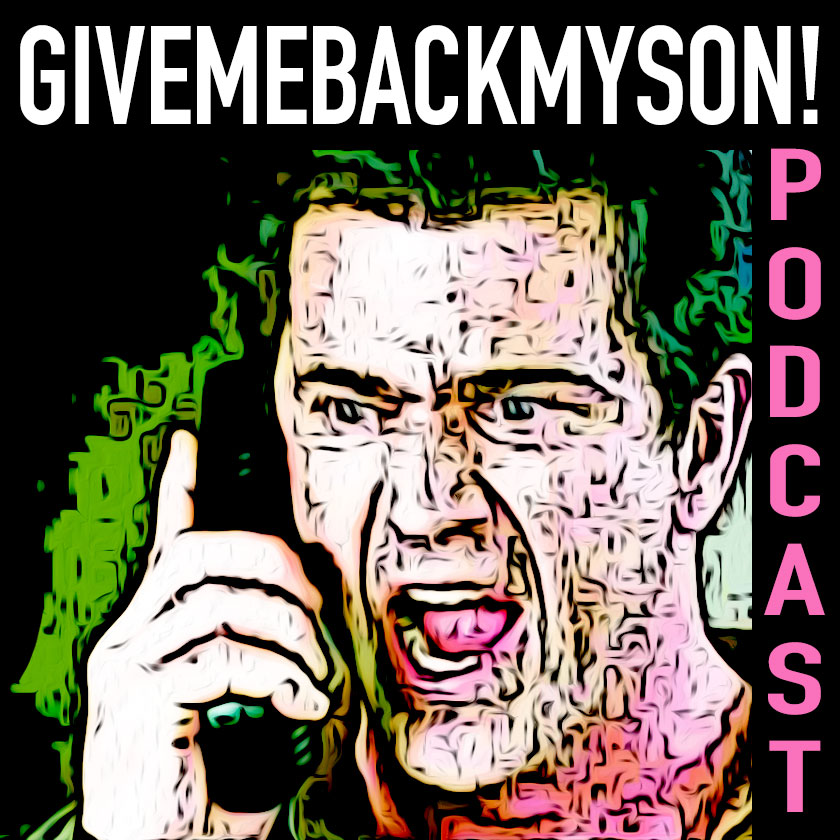A big-budget summer blockbuster has no right being this artistic. It has no right being this intelligent, this fascinating, and this concerned with getting it right. If Man of Steel was any indication, Hollywood is content with blowing up as many buildings as possible, as long as they don’t have to do it in any sort of interesting way. It’s hard to avoid hyperbole at this point because Gareth Edwards’ revisiting of Godzilla revelatory as far as summer fare is concerned. It’s a heady sci-fi thriller with killer pacing, fine characters, and a purposeful use of computer animation.
Without drowning the entire audience in expository scenes, the film lays out the premise in its carefully choreographed opening credits sequence. Alexandre Desplat’s frenzied score hits you like a ton of bricks. His energetic, thumping score is one of the many highlights of this movie. As the score swells, we’re instantly sucked into the story. Old classified nuclear test footage is shown, and we get an idea of what’s happening. We don’t know everything, but we know enough to start our story without any unnecessary prologue.
Almost perfectly, Godzilla begins in Japan with Joe Brody (Bryan Cranston) who is a manager at a local nuclear power plant. Unusual tremors are being detected. While some claim them to be a natural disaster, Joe is convinced something else is going on. We know, since we’re watching a Godzilla movie that something else is indeed happening. Though, the way Godzilla is constructed, there is still plenty of suspense surrounding the strange events.
Edwards came from directing the understated, but captivating Monsters. A high-concept sci-fi movie made on a miniscule budget. He had to save the big special effects moments for a time in the movie where they’d have the most impact. Here he’s playing with a lot more money, but he’s judicious in what he shows us. Even when we do get the whole picture he plays with the composition to create some really stunning images.
Other big-budget movies fail, is that its action isn’t just destruction for destruction’s sake. Here we’ve got a handful of characters that we care for here like Joe’s grown son Ford (Aaron Taylor-Johnson), his wife Elle (Elizabeth Olsen), and Dr. Ichiro Serizawa (Ken Watanabe). Even more exciting is the fact that every time Godzilla tangles with other gigantic monsters in the middle of a metropolitan area, there’s a strong homage being paid to the original films. There’s an artistic flare at work here, like when Godzilla roars and then his head slowly disappears into a cloud of debris.
Though, the most absorbing aspect of Godzilla might be how utterly helpless humans are to stop what is happening. Sure, they try to come up with a few solutions, but they’re never really in control. There’s always this constant feeling of helplessness from the humans, which in a way is a refreshing idea. We aren’t bombarded with macho military men hell-bent on destroying the monster no matter the cost. Instead they think logically, but always out of desperation because in actuality they have no idea what to do. The entire human race is grasping at straws. There’s a moment where they come to that realization. Resigning themselves to letting events play out according to nature’s way. It’s one of the more powerful scenes.
Dr. Serizawa humbly states, “The arrogance of man is thinking nature is in our control… and not the other way around.” It’s a profound statement. As we watch the U.S. Navy helplessly follow Godzilla’s hulking mass through the Pacific Ocean, heading straight for San Francisco, we realize he’s right. And, like everyone else in the movie, all we can do is watch, and hope.










